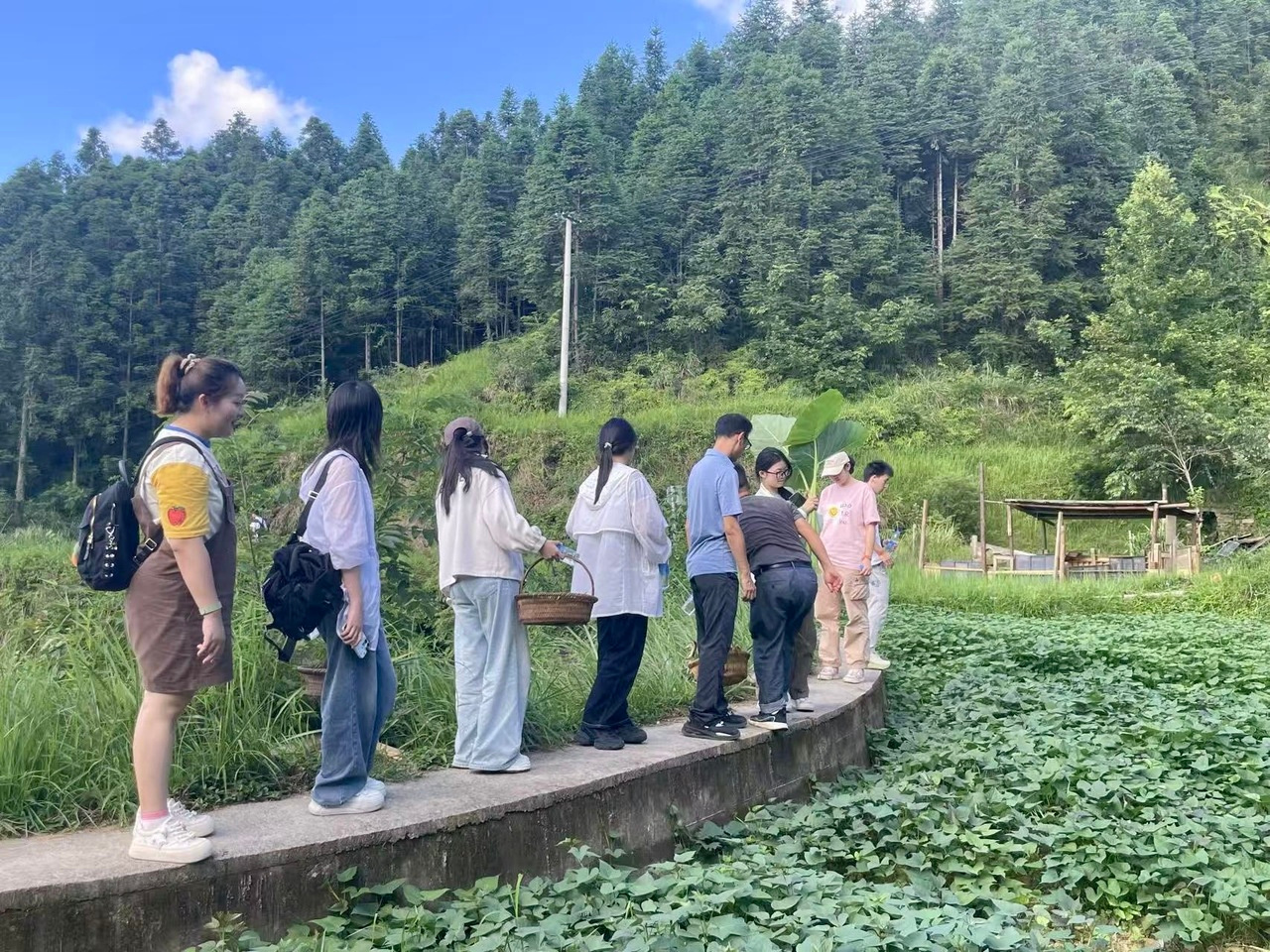
The most touching moment of this trip came when we visited the local live-streaming team with our freshly printed materials. Until then, they had relied on A4 papers with hand-written characters to describe their products on screen. I recalled meeting them in the first few weeks, and the team was laughing about how this setting doesn't look professional at all. And now, we transformed our posters into sturdy cardboards they could hold during broadcasts. Their organic farming methods weren’t just words — they were backed with pictures or village environment, videos of ploughing cows, and interesting posters that we made. As the head of the village held up a cardboard with medical herbs, he happily told us,
Now the audience can finally see our real fields and environments!

We continued to look for ways to blend local identities into digital advertisements. We experimented with the familiar sounds and wisdom of the village — local dialects, old sayings, even fragments of folk songs. One afternoon, while hiking into the mountains, villagers showed us the plants they had known since childhood: some were edible; some can be used as medicine; some kept mosquitoes away. “These mountains are our pharmacy,” one villager joked, plucking a leaf and crushing it between his fingers until a sharp, citrusy scent filled the air. As we listened, I realised that these stories of plants were not just practical knowledge; they were living metaphors of resilience. What the village need was not making up a new story for them, but simply holding up a mirror so the outside world could see what was already there.
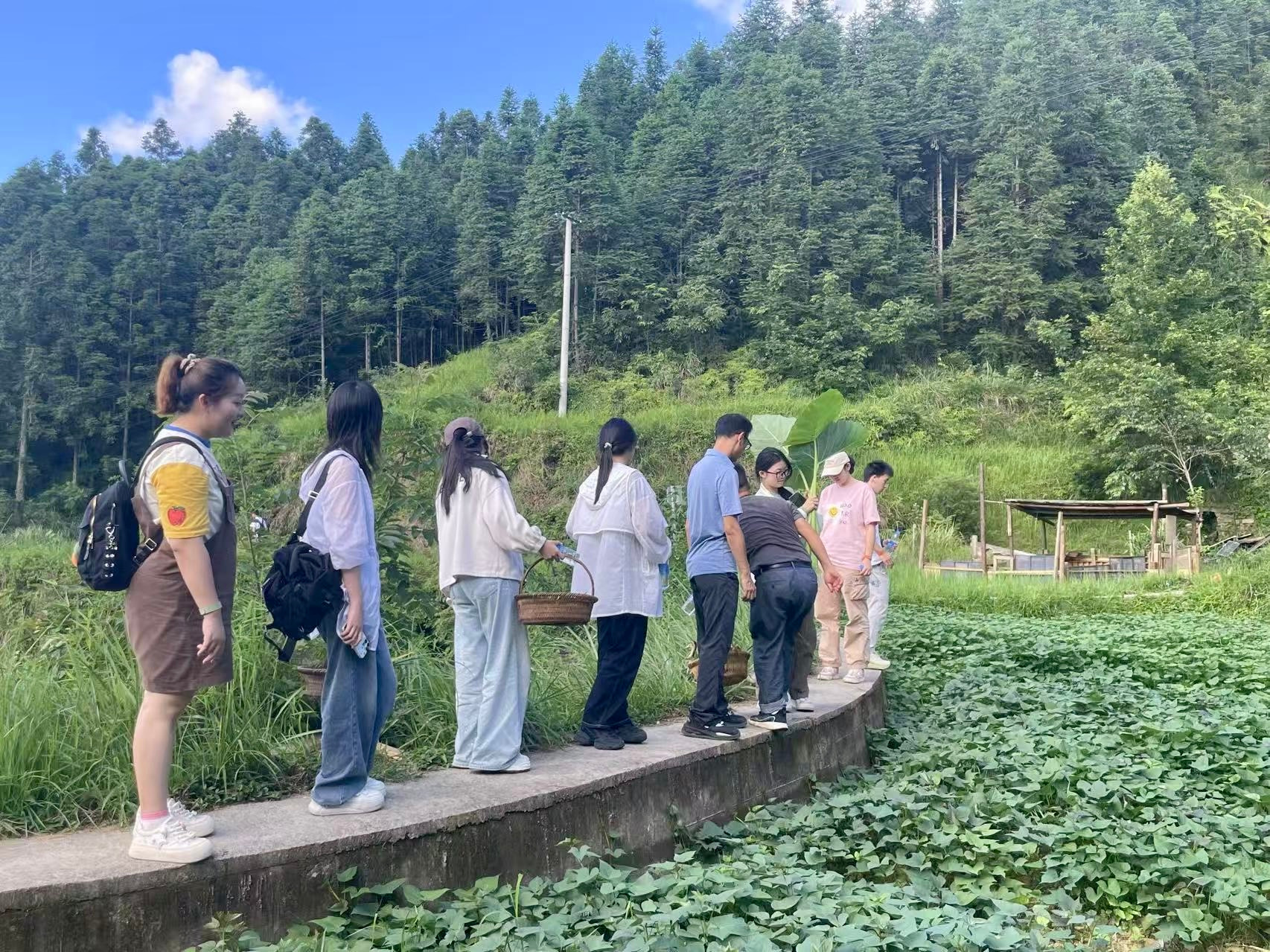
To celebrate the end of our trip, we gathered around a campfire with villagers and the live-stream team. The night was alive with laughter and smoke curling into the mountain air. We grilled skewers over open flames, shared simple but delicious barbecue, and told stories — some of childhood memories, some of uncertain futures, some of dreams that still flickered quietly inside us. I remember looking around the circle, faces glowing orange in the firelight, I felt a strong sense of human connection, trust, and joy woven together.
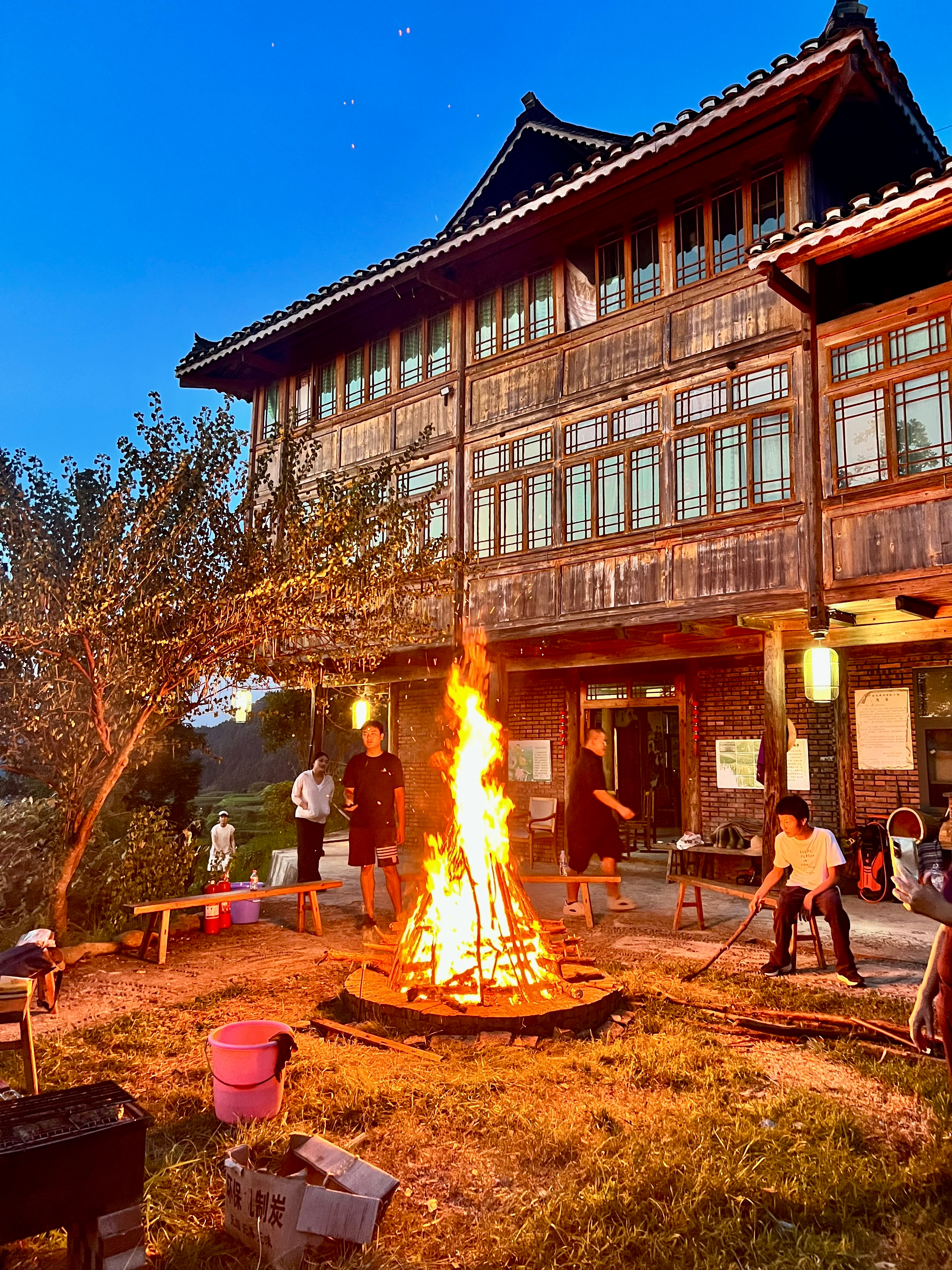
By the end of Week 6, I felt like we were no longer just “helping” with marketing. We were weaving threads between tradition and technology, between soil and screen, between voices that might otherwise go unheard and audiences waiting to be touched.
Looking back over the past six weeks, I felt the project that began with agricultural branding turned into something far more profound. I came to Guizhou with frameworks and theories in mind, but I leave with stories, laughter, and friendships that have shaped me in unexpected ways. The villagers showed me that progress does not mean abandoning the past; it can mean carrying it forward in new forms. Rice takes time to grow, and so do the bonds between people. I am grateful to have been part of this process.
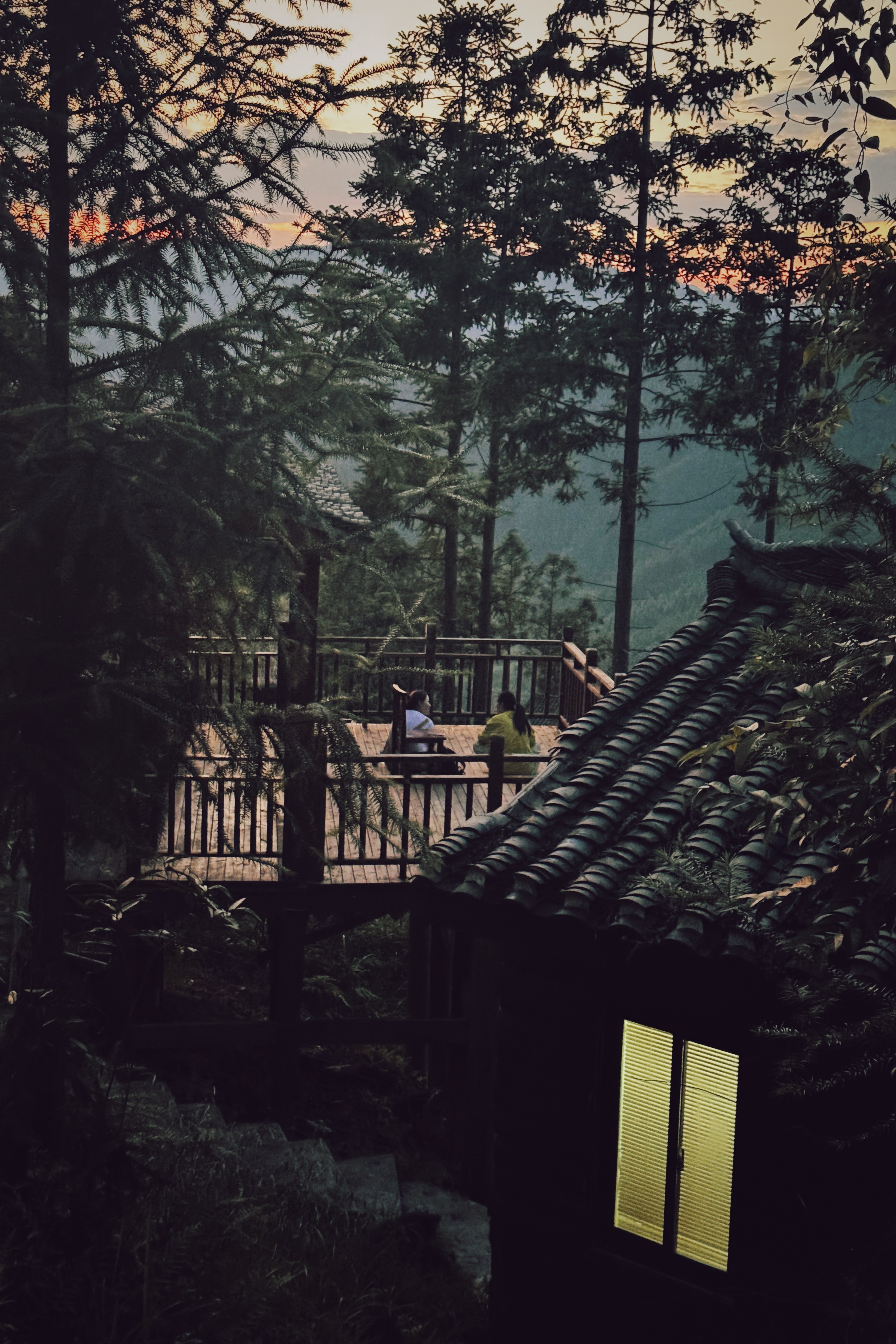
As I packed my bags, I felt these mountains, these fields, and these voices pressing close to my heart, whispering that there is always more to learn if only I pause and listen.
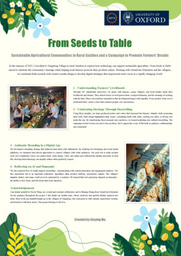
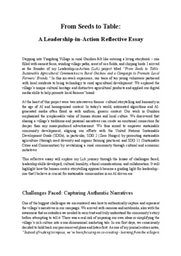
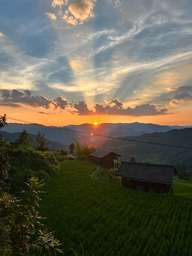

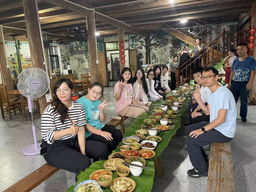
Please sign in
If you are a registered user on Laidlaw Scholars Network, please sign in